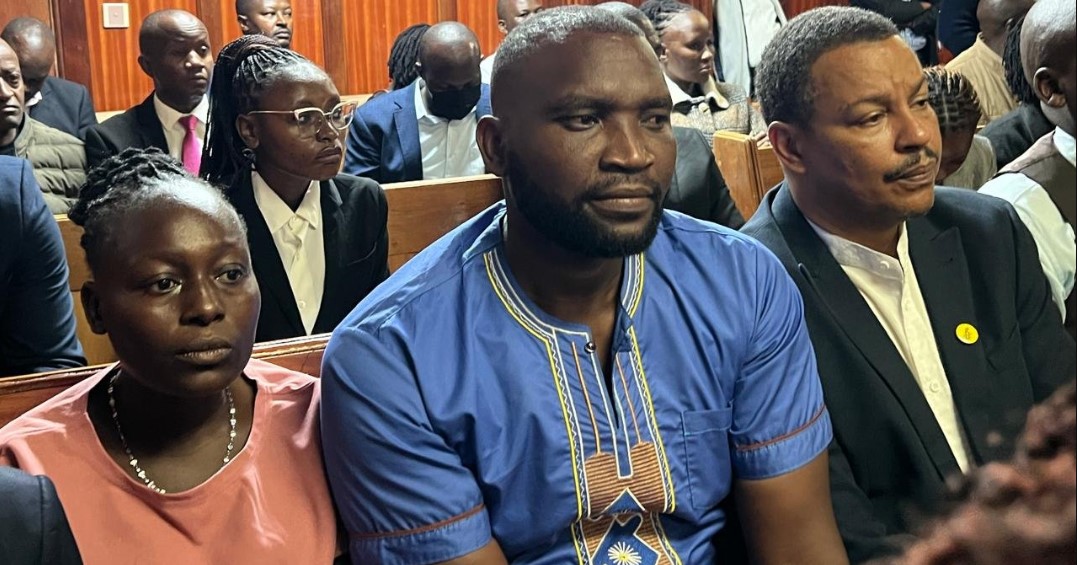The High Court has directed that the trial of police officers charged with crimes against humanity over the killing of six-month-old Baby Samantha Pendo during the 2017 post-election violence be heard in Kisumu.
The decision was made by Lady Justice Margaret Muigai, who ruled that transferring the case from Nairobi to Kisumu would ease the gathering of evidence, lower costs, and ensure the trial moves faster in the interest of justice and public good.
“While the convenience and access of witnesses must be considered, the rights of the accused must equally be protected in line with Article 50 of the Constitution, which guarantees the right to a fair trial,” Justice Muigai said.
The court further ordered the National Police Service to provide security for both witnesses and the accused during transport and hearings. A senior officer from the Inspector General’s office is expected to submit regular updates on security and trial arrangements.
More than 80 witnesses are lined up to testify in the case. The prosecution, through the Office of the Director of Public Prosecutions (ODPP) and the Independent Policing Oversight Authority (IPOA), had asked for the transfer, noting that most witnesses live in Kisumu.
They also argued that it would allow the court to access and inspect areas linked to the case.
“The over 80 witnesses are better served and will access justice by testifying in the nearest court and reduce the expenses of travel and stay in Nairobi until they testify in court. It is only fair and just that where the majority of witnesses reside, the court proceedings are conducted at the nearest court,” Justice Muigai stated.
The file will now be placed before Justice Kimondo in Kisumu for further directions on how the trial will proceed.
Four officers; John Chengo Masha, Linah Kosgey, Cyprine Robi Wankio, and James Rono, who served as Inspectors of Police at the time, face charges under the International Crimes Act and the Rome Statute.
They are accused of crimes against humanity, including murder, rape, and torture, allegedly committed by officers under their command due to failure to exercise proper control. They have all denied the charges and were released on a cash bail of Sh1 million each.
A fifth suspect, Mohammed Baa, is still on the run and a warrant for his arrest remains in force. The alleged crimes were committed in the informal settlements of Nyalenda, Nyamasaria, Kondele, and Obunga in Kisumu County.
The accused had opposed the transfer, pointing to safety risks, financial strain, and a prior condition that restricted their entry into Kisumu.
Justice Muigai, however, ruled that the need for the court to possibly visit the alleged crime scenes in Kisumu, as well as the broader public interest, outweighed their concerns.
Earlier this year, the Court of Appeal dismissed their application to stop the trial, stressing that their rights under Articles 49 and 50 of the Constitution would be safeguarded during proceedings.
“Their fear that they are being used as guinea pigs in respect of the application of the provisions of the International Crimes Act, 2008, and the Rome Statute to members of the National Police Service is also not sufficient reason for holding that their appeal will be rendered nugatory if stay is not granted,” the appellate court ruled in May.

